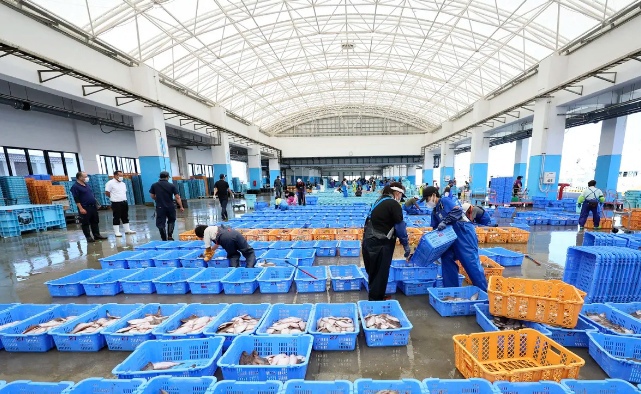Washington has started buying Japanese seafood to supply its armed forces in response to China’s ban imposed after Tokyo released purified water from the destroyed Fukushima nuclear power plant into the sea, according to Reuters.
US Ambassador to Japan Rahm Emanuel told Reuters on Monday that the US should also look more broadly at how it can help offset China’s ban, which he said is part of its “economic wars.”
The Chinese government said its ban was due to concerns about product safety. China was previously Japan’s largest seafood buyer.
The UN nuclear energy watchdog has confirmed the safety of a water discharge that began in August from a nuclear plant destroyed by the 2011 tsunami. G7 trade ministers on Sunday called for an immediate lifting of the ban on Japanese food products. Emmanuel said:
“It’s going to be a long-term contract between the U.S. armed forces and the fisheries and co-ops here in Japan. The best way we have proven in all the instances to kind of wear out China’s economic coercion is come to the aid and assistance of the targeted country or industry.”
Chinese Foreign Ministry spokesman Wang Wenbin, when asked about Emanuel’s comments at a news conference on Monday, said:
“The responsibility of diplomats is to promote friendship between countries rather than smearing other countries and stirring up trouble.”
In the first purchase, the US will buy just under one metric tonne of scallops, a small part of the more than 100,000 tonnes of scallops that Japan exported to mainland China last year.
Emanuel said that over time, purchases would be increased to all types of seafood, and Japanese seafood would be fed to soldiers in mess halls, aboard ships, and sold in shops and restaurants an military bases.
He said the US could also look at the total volume of fish imports from Japan and China. The US is also in talks with Japanese authorities to help divert locally caught scallops to US-registered processing facilities.
